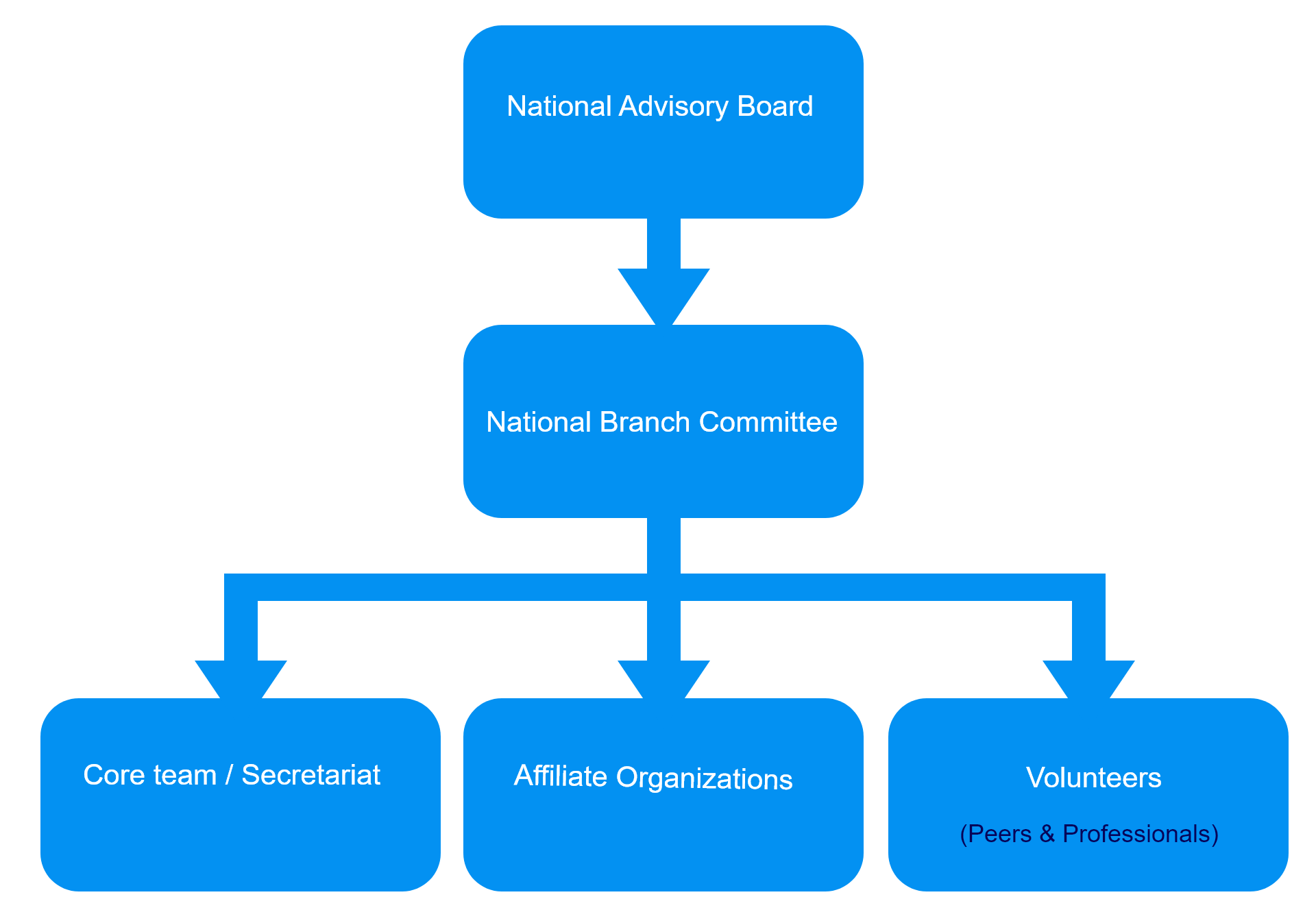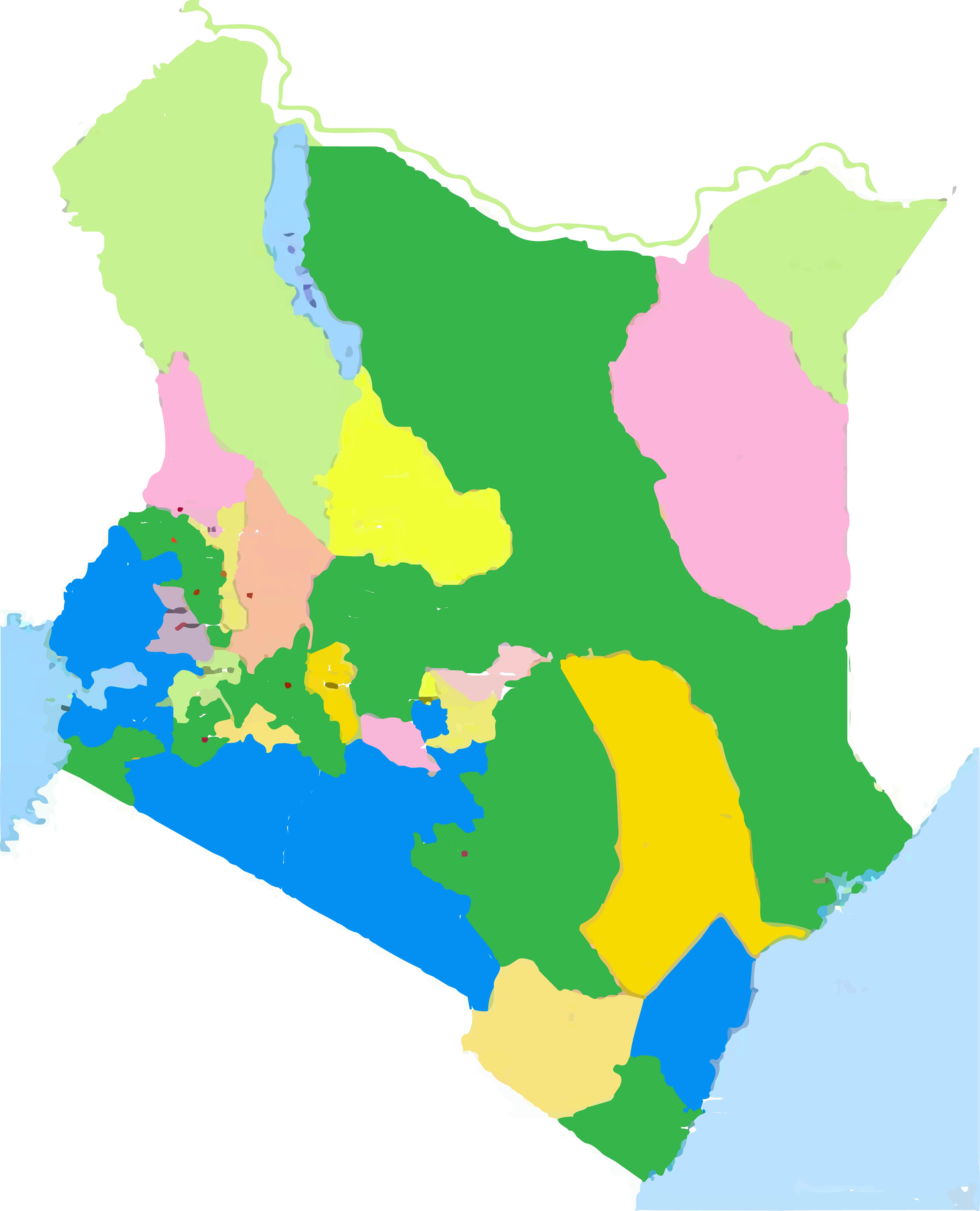
Equality and Equity in access to services and opportunities especially for the most marginalised and vulnerable
Promote meaningful adolescents and youth engagement and participation for better governance, accountability , peace and cohesion
Innovations and actions by young people to influence policy processes, decision and policy makers and promote accountability
Promote access to quality education and school re-entry for marginalized and vulnerable, promote lifelong learning and foster learning through entertainment and fun
Promote access to quality and responsive RMNCAH and SRHR services and information among young people, in their diversity, especially those marginalized and vulnerable in Kenya
To establish a platform for coordinated adolescents and youth engagement in the nutrition and food security agenda towards realization of malnutrition free communities
To promote efforts around health emergencies preparedness and response
Support engagements to manage and end Non Communicable Diseases (NCDs)
To support skills development to enhance youth’s job market entry and self-employment
To support youth engagement and participation in agriculture and agribusiness and introduce new technologies, techniques and processes in the value chain for job creation
To enhance access and utilization of ICTs to spur Innovation and employment
To call the adolescents and youth to action and demonstrate the universality and localization of climate change through strengthening their capacity
To advocate for change of perceptions and misunderstandings on climate change, take stock on the outcomes and opportunities in the climate action ecosystem
To promote meaningful gender and social inclusion in climate change discourses
To promote social entrepreneurship in climate action to enhance employment and food security through smart agriculture, agribusiness and gender equality interventions
Derive evidence that informs sustainable programming , youth inclusion, learning and engagement in policy processes, key spaces. and South-South learning
Support mutually beneficial partnerships to implement tested youth work models and co-create solutions with donors, government, development agencies among others
To implement organizational guidelines and plans for effective communication and engagement with partners, better offline and online audience interactions, branding and online presence
OAY has a proven track record on policy influence and convening power that will be key in informing subsequent care, economy, and conversations at policy and program levels. This will be achieved through stakeholder mobilization and driving conversation through OAY affiliate organisations and networks spread across Kenya and beyond. OAY Kenya is run by youth professionals 1) National Advisory Board, National Branch Committee, affiliate organizations and Staff/ Volunteers and Kenya promotes participatory decision making in its programming .
OAY Kenya chapter also has about 50 affiliated youth led organisations and groups based in over 15 Counties.


OAY Implemented Projects & Activities